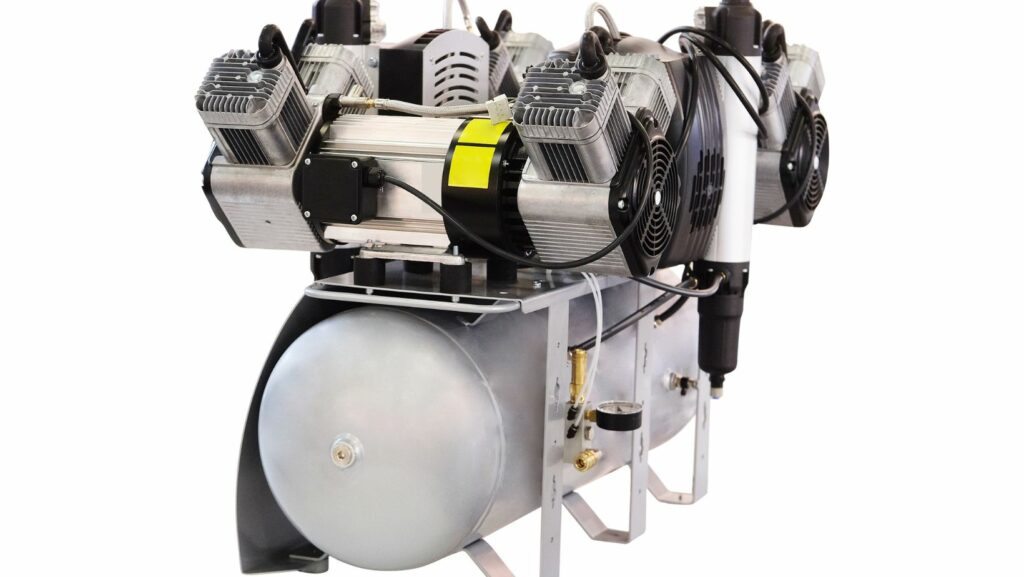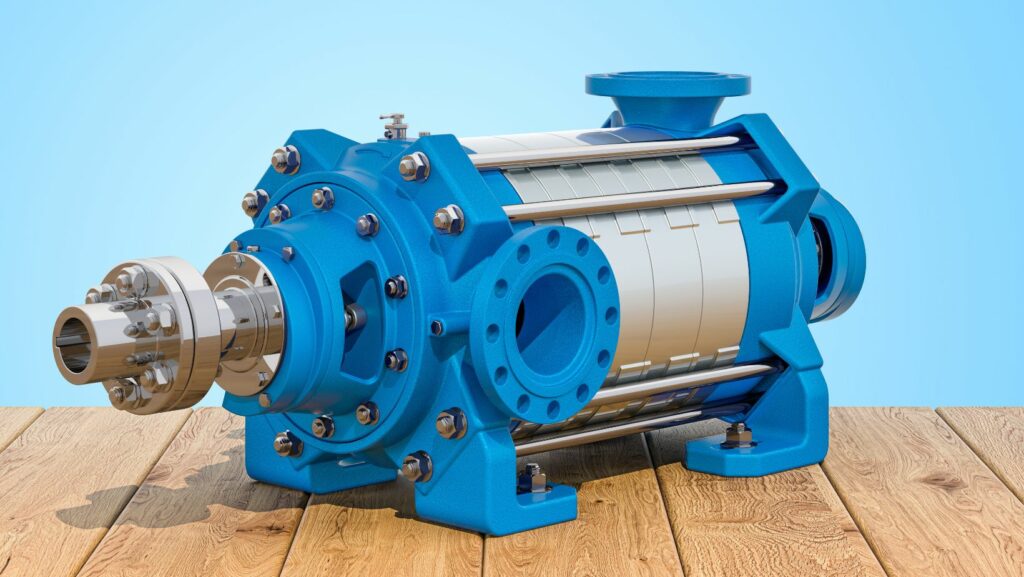Table of Contents
ToggleWhat Does a Vacuum Pump Do
Wondering what a vacuum pump actually does? Well, let me break it down for you. A vacuum pump is a mechanical device that removes gas molecules from an enclosed space to create a vacuum. Its primary function is to generate and maintain low pressure within a system, thus enabling various processes and applications.
So, what exactly can a vacuum pump do? It plays a crucial role in numerous industries and scientific fields. For instance, in manufacturing, vacuum pumps are used to extract air or gases from containers, allowing for better product quality by minimizing oxidation and moisture. In laboratories, these pumps aid in creating controlled environments for experiments by removing unwanted particles or contaminants.
In addition to industrial applications, vacuum pumps also have everyday uses that you might not even be aware of. From facilitating the operation of air conditioning systems to powering medical devices like dental suction units, these pumps are integral components behind many essential technologies we rely on.
Overall, understanding what a vacuum pump does can help demystify its importance across various sectors. Whether it’s maintaining clean laboratory conditions or improving product manufacturing processes, these devices contribute significantly to enhancing efficiency and ensuring optimal performance in countless applications.

Overview of Vacuum Pumps
Vacuum pumps are essential devices used in various industries and applications to create and maintain a vacuum. But what exactly does a vacuum pump do? In this section, I’ll provide an overview of vacuum pumps and their primary functions.
- Creating a Vacuum: The main purpose of a vacuum pump is to remove gas molecules from an enclosed space, creating a partial or complete vacuum. By reducing the pressure within a system, it allows for operations that require low or no atmospheric pressure.
- Removing Contaminants: Vacuum pumps play a crucial role in removing unwanted contaminants, such as moisture, oil vapor, and other gases from the process environment. This ensures cleaner and more efficient operations in various industries like manufacturing, pharmaceuticals, and electronics.
- Enhancing Process Efficiency: Vacuum pumps enable processes that rely on reduced pressure environments. From distillation and freeze drying to semiconductor manufacturing and HVAC systems, these pumps improve efficiency by facilitating faster heat transfer or eliminating unwanted elements.
- Supporting Scientific Research: Vacuum pumps are widely used in scientific research laboratories for experiments that require controlled environments with minimal interference from air particles. They aid in creating conditions suitable for electron microscopy, mass spectrometry, thin film deposition, and many other analytical techniques.
- Industrial Applications: Vacuum pumps have extensive applications across different industries such as food packaging (to extend shelf life), automotive (brake systems), aerospace (altitude simulation chambers), and even space exploration (simulating outer space conditions).
- Types of Vacuum Pumps: There are several types of vacuum pumps available, each with its own unique working principles – rotary vane pumps, diaphragm pumps, scroll compressors, turbomolecular pumps – just to name a few.
In summary,
- A vacuum pump creates vacuums by removing gas molecules.
- It eliminates contaminants for cleaner operations.
- It enhances process efficiency in various industries.
- It supports scientific research by providing controlled environments.
- The applications of vacuum pumps are vast and diverse.
- There are different types of vacuum pumps to cater to specific needs.
Understanding the role and capabilities of vacuum pumps is crucial for professionals working in fields where vacuums are required. Whether it’s for industrial processes, scientific experiments, or technological advancements, the importance of these devices cannot be overstated. How Do Vacuum Pumps Work?
Understanding how vacuum pumps work provides valuable insights into their capabilities and applications. Whether it’s removing air from a refrigeration system or facilitating complex scientific experiments, these devices play an essential role in many industries. By harnessing the power of pressure differentials, vacuum pumps contribute to numerous technological advancements and continue to be an indispensable tool in various fields.

